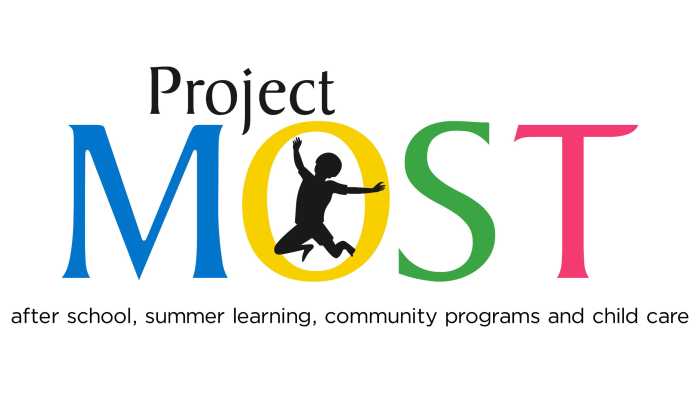An unhealthy diet is a leading risk factor for death, studies show.
Poor nutrition choices were responsible for an estimated 318,656 cardiometabolic deaths in 2012, according to “Association Between Dietary Factors and Mortality From Heart Disease, Stroke, and Type 2 Diabetes in the United States,” a 2017 study by the Journal of the American Medical Association.
The good news is that it’s never too late to get healthy. What better way to start than to explore some of 2020’s most promising nutrition plans? This year’s front-runners are the ketogenic (keto) diet, plant-based diet, and intermittent fasting.
“Many diabetics—Type 2—are using [the Keto] diet for weight loss which helps decrease blood sugar and insulin levels,” notes Greer McGuinness R.D., C.D.N., chief clinical dietician at Cold Spring Hills Nursing Home in Woodbury. “The biggest challenge is following the diet; many patients don’t stick to it and eventually get frustrated and stop, resulting in weight gain.”
The keto diet is a high-fat, moderate- to high-protein, low-carbohydrate diet. McGuinness suggests that diabetics, especially, should collaborate with their physician and dietician to monitor health and achieve success.
Plant-based diets are the next hottest trend, says McGuinness, and for good reason. According to the American Heart Association, a plant-based diet — which entails removing or limiting some or all meat items and consuming fruits, vegetables and grains — reduces the risk of coronary disease, stroke, obesity, high blood pressure, high cholesterol, Type 2 diabetes and many cancers.
“Plant based doesn’t mean you eat less protein,” says McGuinness. “You get protein sources from other items.”
Be sure to get adequate amounts of vitamin B12 and iron, too.
Intermittent fasting does not dictate what types of food you can or can’t eat; rather, “It’s an adjustment of times for consumption of food and not eating,” explains McGuinness.
“The fewer hours you eat, the fewer calories you consume, putting you in a calorie deficit for weight loss,” she says.
Still, consuming healthy foods and practicing healthy lifestyle habits can surely contribute to success. Individuals on medications should consult with their physician, says McGuinness. Whatever nutrition plan you choose, remember, no diet is a one-size-fits-all, says McGuinness, who suggests seeking out counseling if need be.
“The human body is so complex, and everyone is different,” she says, adding that it’s all about “changing the mindset.”


































